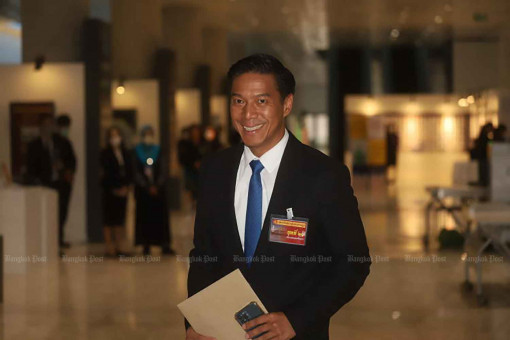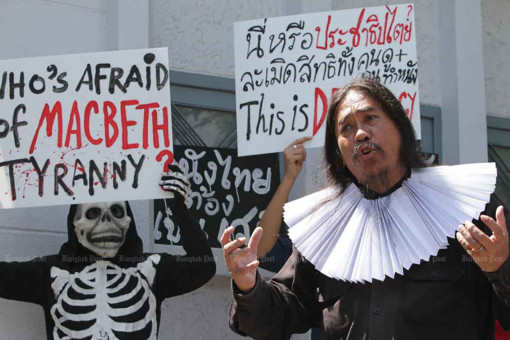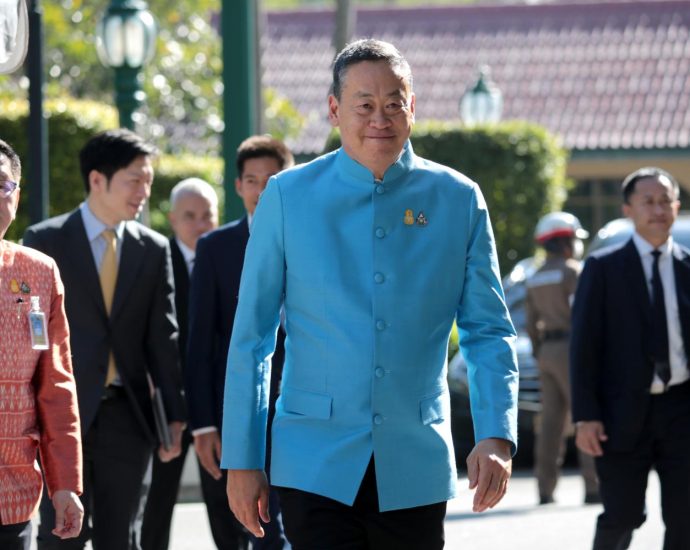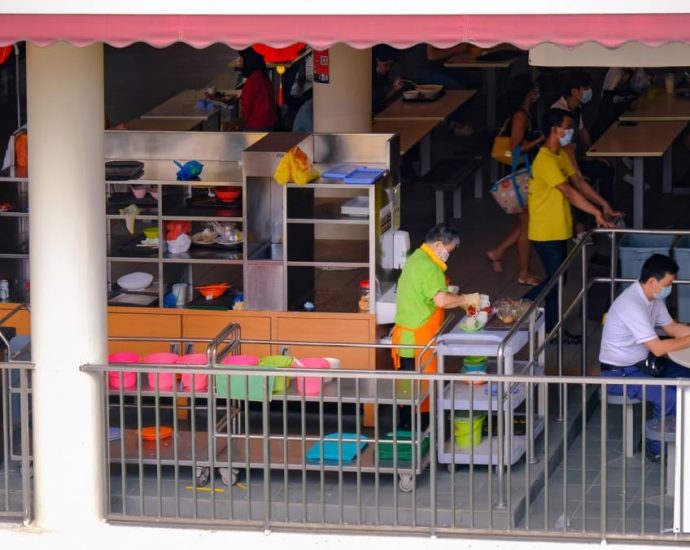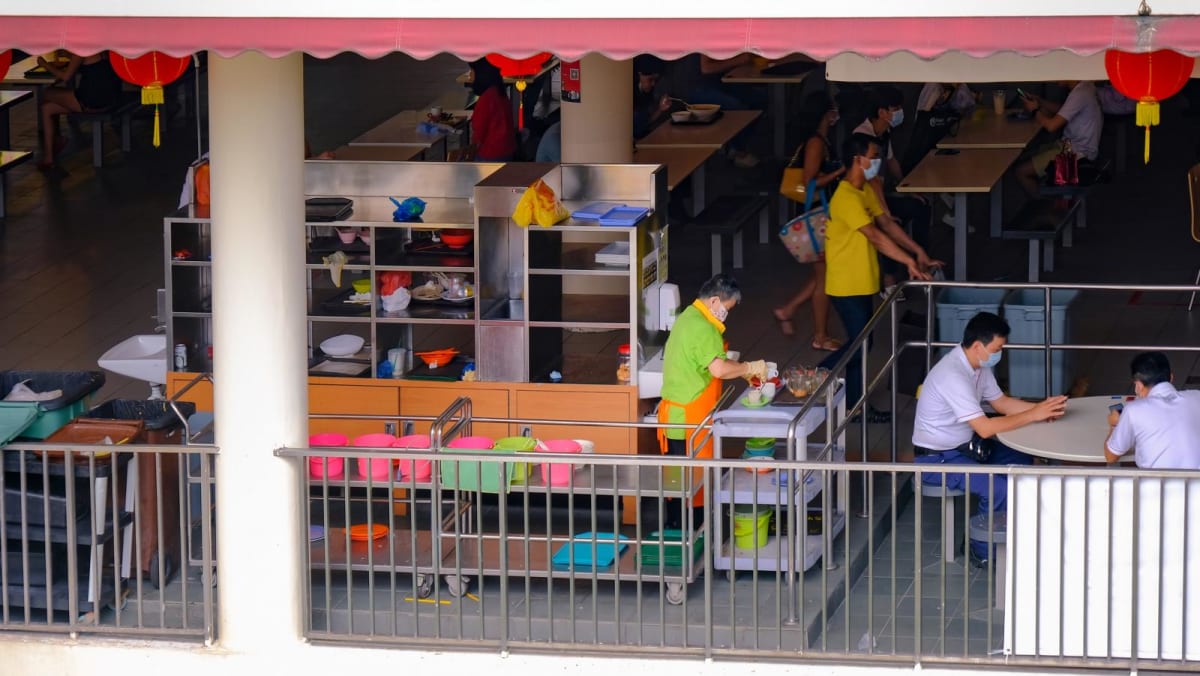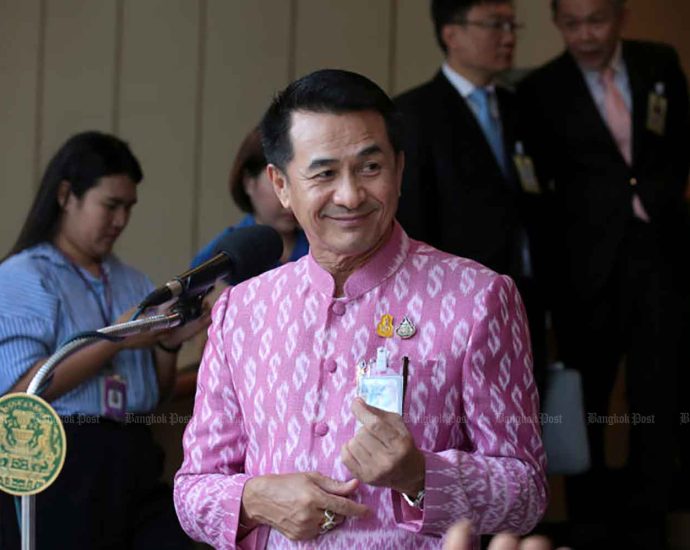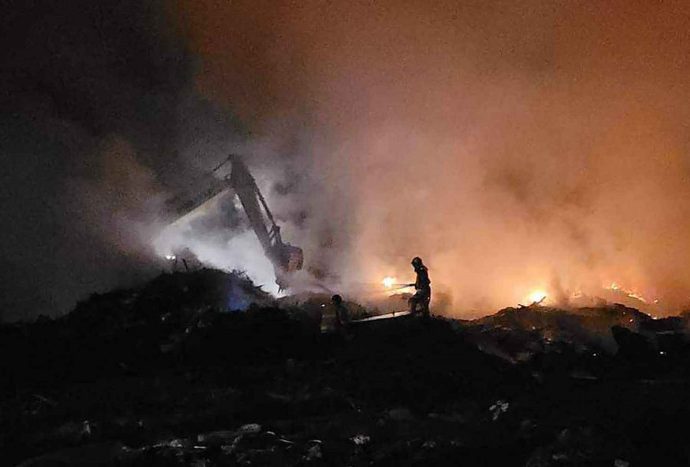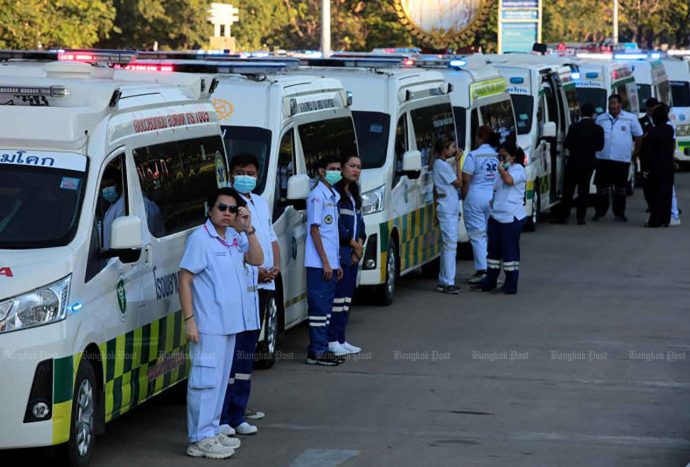MP says let ‘refugees’ work
PUBLISHED : 21 Feb 2024 at 06:07

An opposition MP has called on the government to help Myanmar citizens who are fleeing to Thailand to avoid their mandatory military service out of humanitarian concerns.
Kannavee Suebsang, a list-MP for the FAIR Party, said Myanmar’s junta has stopped exporting labourers to Thailand temporarily by mutual agreement.
Previously, 700-800 workers from the neighbouring nation were crossing the border on a daily basis, he said.
“I am not sure whether the suspension of migrant workers has anything to do with the situation in Myanmar. But if it does, it will become a major concern if the Thai government sends them back to their country,” Mr Kannavee said.
“Myanmar citizens are fleeing to Thailand in large numbers. They are not sneaking in illegally. But they are escaping death. They escape being forced to go to the battlefields to face death or kill other people. They are escaping from military conscription,” he said.
To deal with the issue, the Thai government must devise a contingency plan over the next six months, he added.
Mr Kannavee suggested the government allow Myanmar citizens fleeing to Thailand to work temporarily as replacements for those suspended under the MoUs on humanitarian grounds. He said this would also help stem labour shortages.
Prime Minister Srettha Thavisin had previously warned that any Myanmar nationals who enter Thailand illegally would face legal action.
He made the remarks after a sharp uptick in those applying for entry visas after the junta revealed plans to conscript young people from April.
In Tak’s Phop Phra district, a combined force of soldiers and local officials on Tuesday arrested 18 Myanmar nationals who entered the country illegally after they were found hiding in a pick-up truck. Two Thais were also detained for bringing in illegal migrants.
Security sources say Myanmar nationals are being apprehended for illegal entry every day.
According to Reuters, Myanmar’s junta plans to call up young people for mandatory service from April and also require retired security personnel to serve as the army struggles to crush an anti-junta insurgency.
Last Saturday, the junta said a law governing mandatory military service would be enforced for men aged 18 to 35 and women aged 18 to 27 for up to two years, starting in April.
A conscription law was introduced in 2010 but was not enforced.

